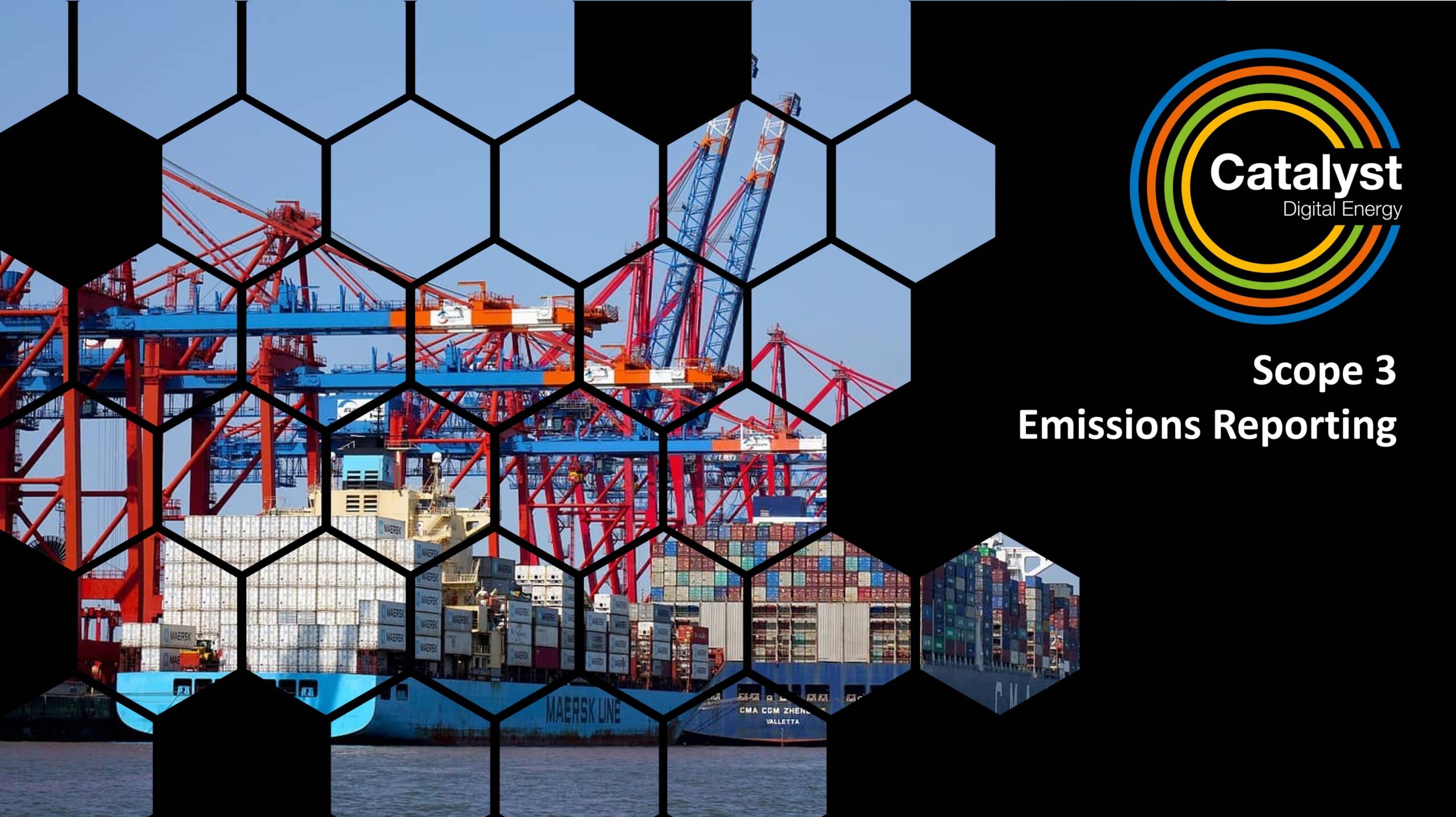scope 3 emissions reporting main barrier to setting net zero targetsThe Science Based Targets Initiative Report.

net zero targets
The Science Based Targets initiative (SBTi) published a report on the 7th March in which it examined the success of its Business Ambition for 1.5°C campaign, which ran between June 2019 and October 2021.
The report sets out the key findings from the campaign, as well as feedback from participating companies and key learnings and recommendations.
It finds that of the companies who committed to set science-based targets as part of the Business Ambition for 1.5°C campaign, 84% (818) have either set a target or are currently in the validation process.
The UK was ranked as the top country for setting targets after having committed to do so (242 businesses), followed by the USA (155), France (49), and Sweden (46).
96% of companies surveyed rated the value of having science-based targets as good to very good, with 71% agreeing that the campaign delivered on their motivations for joining.
One of the key findings from the campaign was that science-based net zero target setting is still not a mature practice.
The SBTi attributes this to net zero being a relatively new concept, that only became prominent in the business sector in 2018.
It adds that relatively few companies have long-term business and sustainability strategies.
It also postulated that companies may be concerned about the unknowns of setting emissions targets, as well as doubts about their ability to meet their targets.
The most common barrier to setting net zero targets was stated to be ‘Scope 3 is too much of a challenge’, with 53.6% of campaign participants reporting this.
Scope 3 emissions are indirect emissions that are present in the value chain of the company.
On a related note, on the 5th March, the UK Green Building Council (UKGBC) published new guidance on Scope 3 embodied carbon measurement and reporting.
It states that Scope 3 emissions can constitute up to 80-95% of an organisation’s total value chain carbon footprint, with the guidance reframing Scope 3 reporting as a singular methodology instead of isolated efforts.
According to the UKGBC, the guidance includes how developers, owners, contractors, investors, lenders, and facilities managers can use embodied carbon assessment to report Scope 3 emissions across an asset’s lifetime.
It also sets out how architects, engineers, and other professional services should adopt a project-based emissions
disclosure for embodied carbon, due to the challenge of designing embodied carbon emissions that do not easily fit within the current Greenhouse Gas (GHG) Protocol.
About Catalyst
Catalyst Digital Energy is an award-winning energy consultancy with a focus on digital energy services, total energy contract lifecycle management and energy management services. It is revolutionising how businesses manage energy with its unique Energy Spend Management Platform, which is powered by Robotic Process Automation (RPA) EaaSi®.
Catalyst is digitising all aspects of energy, including billing, data, consumption, spend, payments, procurement and emissions reporting. When combined with its fully funded renewable energy solutions, Catalyst offers a unique and powerful approach to managing energy.




